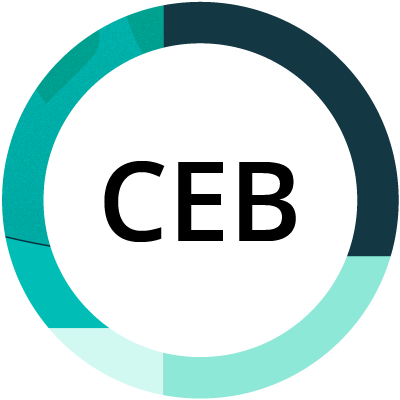Master of his Kraft
University of Cambridge professor awarded Royal Academy of Engineering Fellowship
Professor Markus Kraft, a pivotal figure at the Department of Chemical Engineering and Biotechnology (CEB) at the University of Cambridge for nearly 25 years, has been named a Fellow of the Royal Academy of Engineering (RAEng).
The prestigious accolade highlights his profound impact on interdisciplinary research and innovation in engineering and science.
Professor Kraft, who has been a lecturer at CEB since 1999, has garnered global recognition for his work in computational modelling of combustion phenomena and particle technology. His career, marked by a commitment to advancing both fundamental and applied sciences, has set new benchmarks in the field.
Reflecting on his latest achievement, Professor Kraft said: "Receiving this Fellowship from the Royal Academy of Engineering is a tremendous honour. It’s a recognition not just of my work, but of the collective efforts of many talented individuals who have collaborated with me over the years. Our aim has always been to push the boundaries of knowledge and application, and this award inspires me to continue our quest for innovative solutions."
At Cambridge, Professor Kraft has been instrumental in the establishment and growth of the Cambridge Centre for Advanced Research and Education (CARES) in Singapore, where he serves as the founding Director.
Markus Kraft
Markus Kraft
Since its inception in 2013, the university’s first research centre outside of the UK has evolved into a prominent research hub, bringing together researchers from the University of Cambridge, Nanyang Technological University and National University of Singapore to work on problems relevant to Singapore and the world at large. His leadership also extends to further research programmes and spinouts, reflecting his commitment to addressing global sustainability challenges.
Clemens Kaminski, Head of the Department of Chemical Engineering and Biotechnology, praised Kraft’s achievements: “Markus’s work exemplifies the integration of cutting-edge research with practical applications.
"His visionary approach to computational modelling and development of carbon abatement technologies is reshaping how we address complex problems facing society.
"The Fellowship is a well-deserved recognition of his outstanding contributions to science and engineering.”
As a Fellow of Churchill College, Professor Kraft continues to influence the next generation of engineers and researchers, driving forward his vision of interconnected, sustainable solutions. The RAEng Fellowship not only honours his past achievements but also underscores the ongoing impact of his work in shaping the future of engineering and technology. This honour follows Professor Kraft being elected a Fellow of the Alan Turing Institute in 2021.

